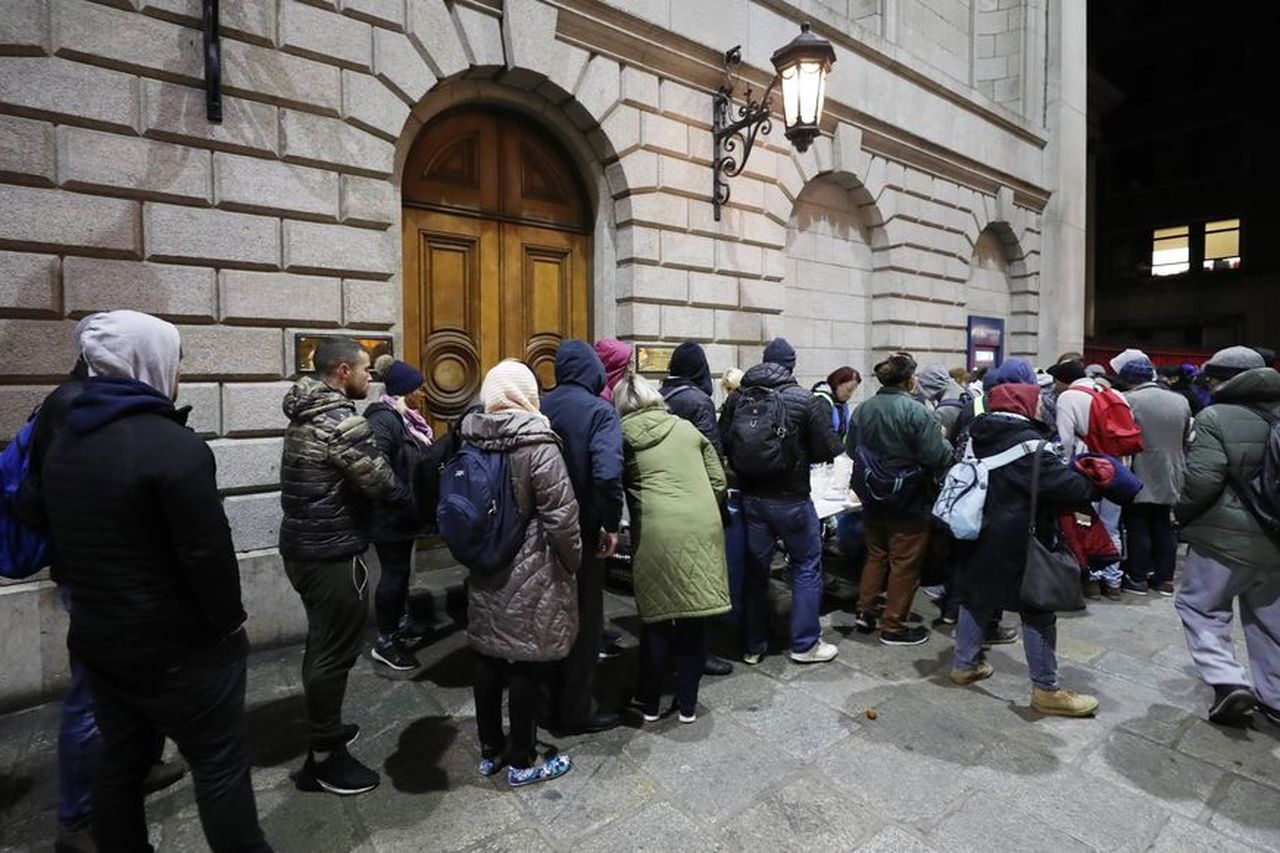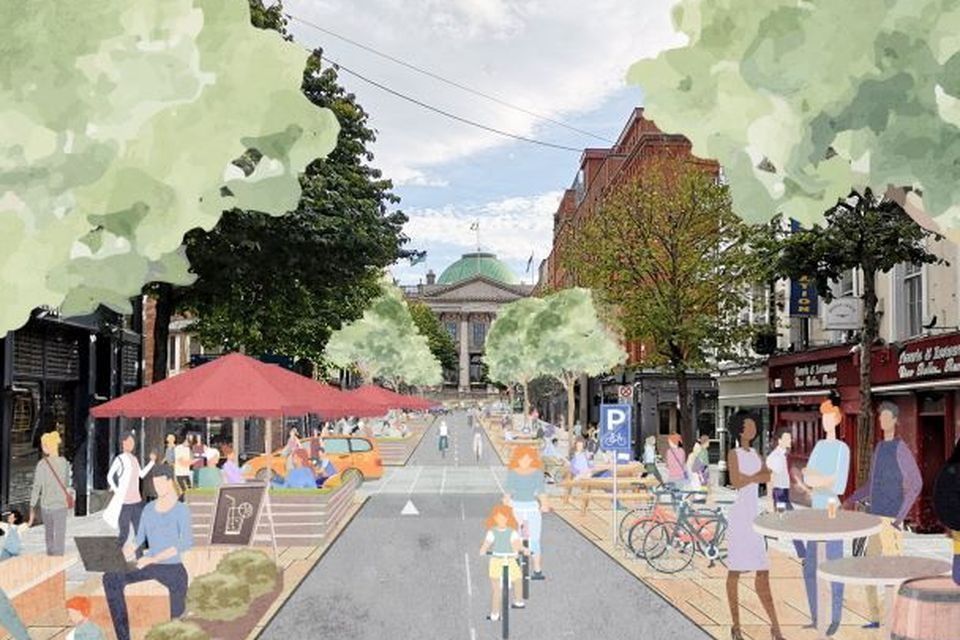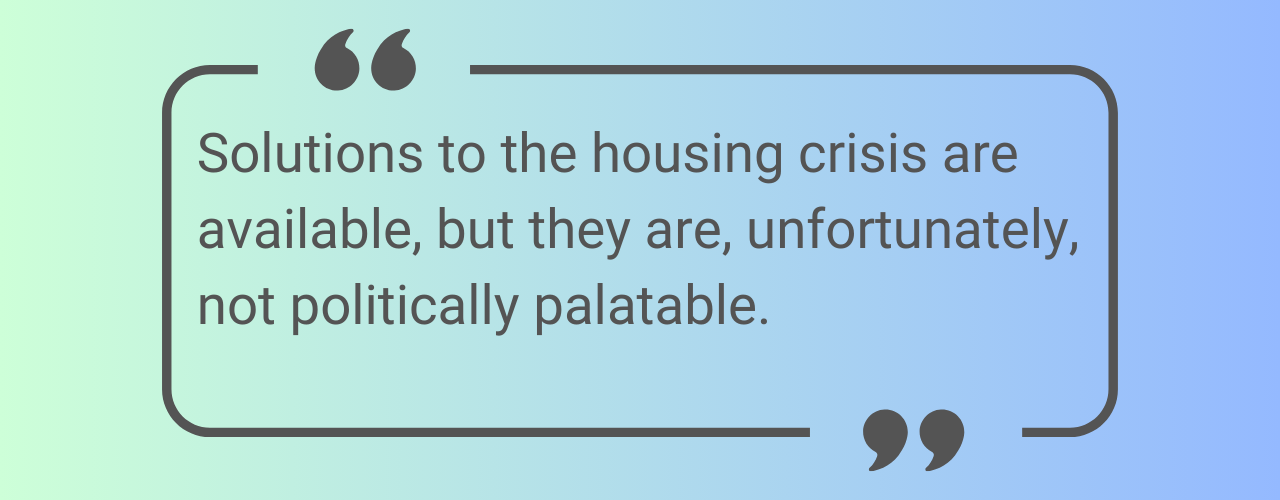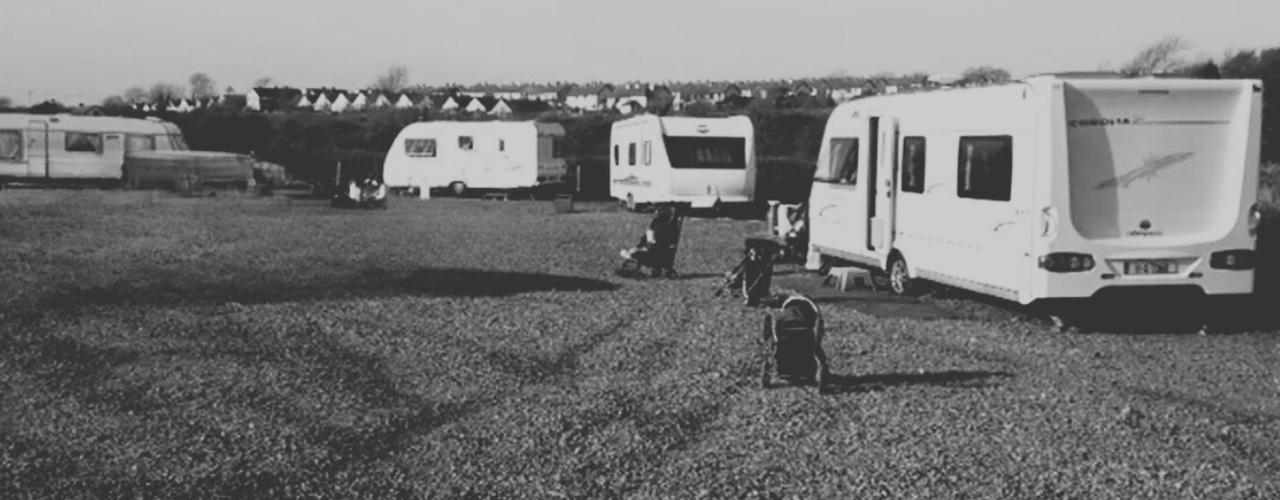
The Uncomfortable Optics of Soup Kitchens
The question of how people ended up with “multiple and complex needs” is avoided to focus on regulation, form- filling and box-ticking; all wrapped in the language of concern.

The question of how people ended up with “multiple and complex needs” is avoided to focus on regulation, form- filling and box-ticking; all wrapped in the language of concern.
The year draws to a close and the Irish people anticipate that when the Dáil sits again in January, a new government will form. It will mostly be the same as the old one, albeit lacking a strong environmental concern after the electoral wipe-out suffered by the Green party. The results of the General Election… Read more »

A Long-Standing Crisis Earlier this week, RTE organised a televised debate about the different positions on housing ahead of the General Election. While we might have qualms about importing televised debates as a means to discuss such important societal factors, it is certainly the case that housing should be near the centre of our thinking… Read more »

By vividly bringing to life the “bystander effect” and its attendant social forces, Keegan avoids these binaries of past and present and encourages us to ask whether we would say anything or, instead, turn a blind eye to pervasive institutionalisation in our own time.

Land use requires a juggling act of different needs. Offices, housing, parking, green space, retail, transport and schools all vie for the same spaces.

This week the housing charity Threshold published its 2022 annual report. I was struck, reading it, that the numbers involved in their work were terrifyingly large. Over 50,000 people needed to reach out to the charity in an effort to avoid homelessness. It was a stark reminder of how the homelessness crisis that Ireland has… Read more »

Maybe the reason the Kenny Report is sitting on a shelf gathering dust is that governments do not want to reduce the cost of housing. Their core voters are home owners who will be horrified at the thought that the value of their house would be reduced, even minimally. But unless they are planning to sell the house, that is a purely paper reduction.

Travellers are overrepresented in homelessness emergency accommodation and also comprise part of the ‘hidden homeless’ in Ireland; people who are living in precarious or overcrowded housing. Traveller families with children are often left lingering in emergency family hubs for far longer than families from the settled community before being offered homes. When they are offered homes, these are often inadequate or ill-suited to their needs. Travellers who try to get tenancies in private rented accommodation face discrimination and have applications rejected.

The reasons for turning down one or more offers of social housing are the concern of the homeless person or family involved, and this is not why the homelessness situation is “complicated”. It is complicated because of the reticence to solve it, by automatically placing homeless people in [actual] social homes for fear of a cascade effect where there is a rush of people declaring themselves homeless. This is the anxiety expressed in the 2017 Welfare cheats… campaign – the unfounded fear that the people at the bottom of society are taking advantage of us all, when our real fear is that we might some day be those people

A house or apartment that is owned by someone who does not live in it, is not that person’s home, but it is their property. If the property has a tenant living in it, it is now their home, even though they are not the owner.
Working Notes is a journal published by the Jesuit Centre for Faith and Justice. The journal focuses on social, economic and theological analysis of Irish society. It has been produced since 1987.